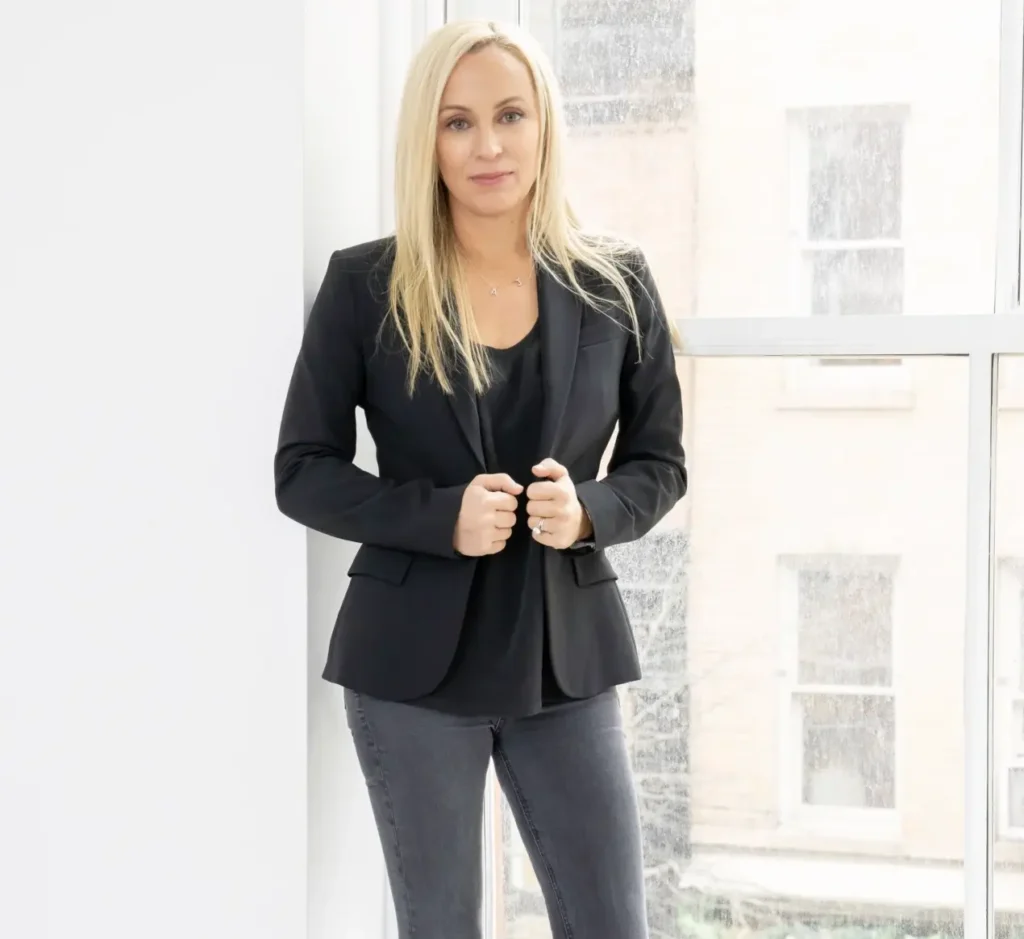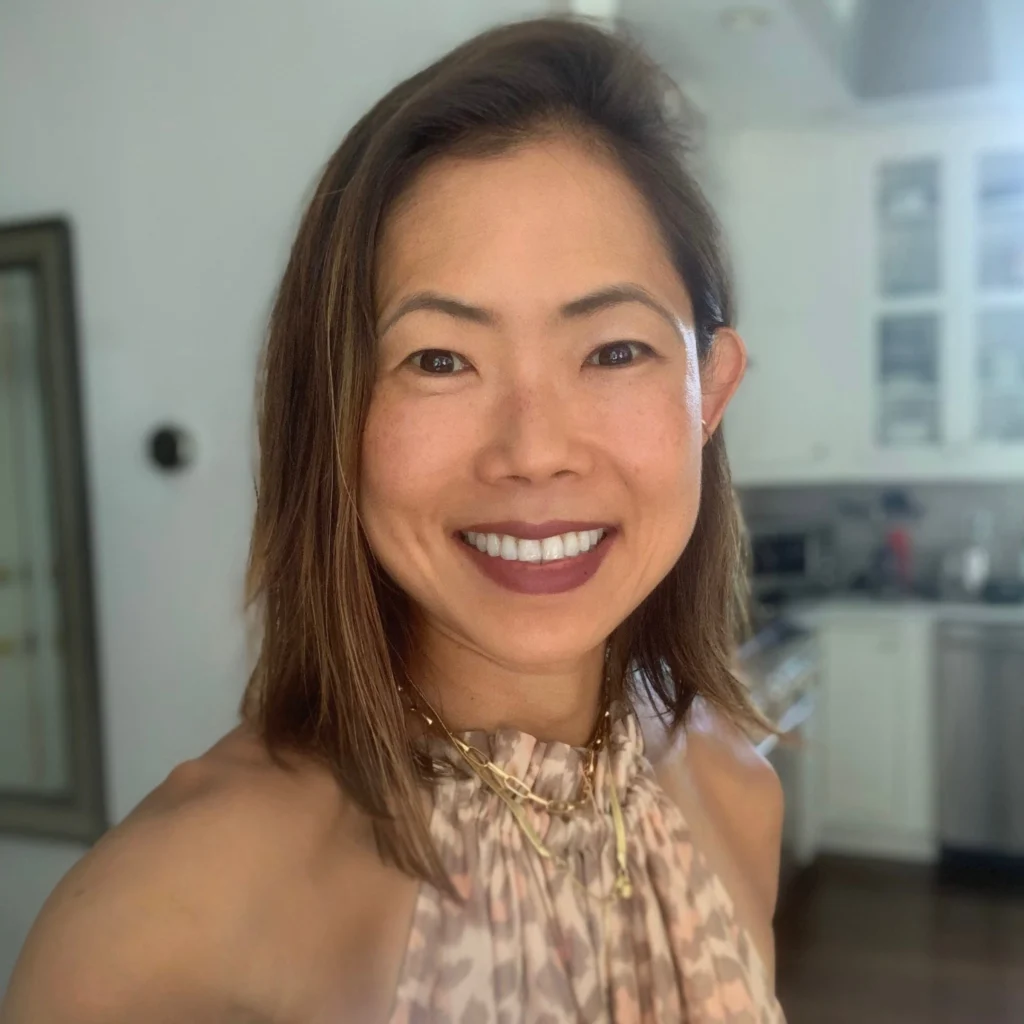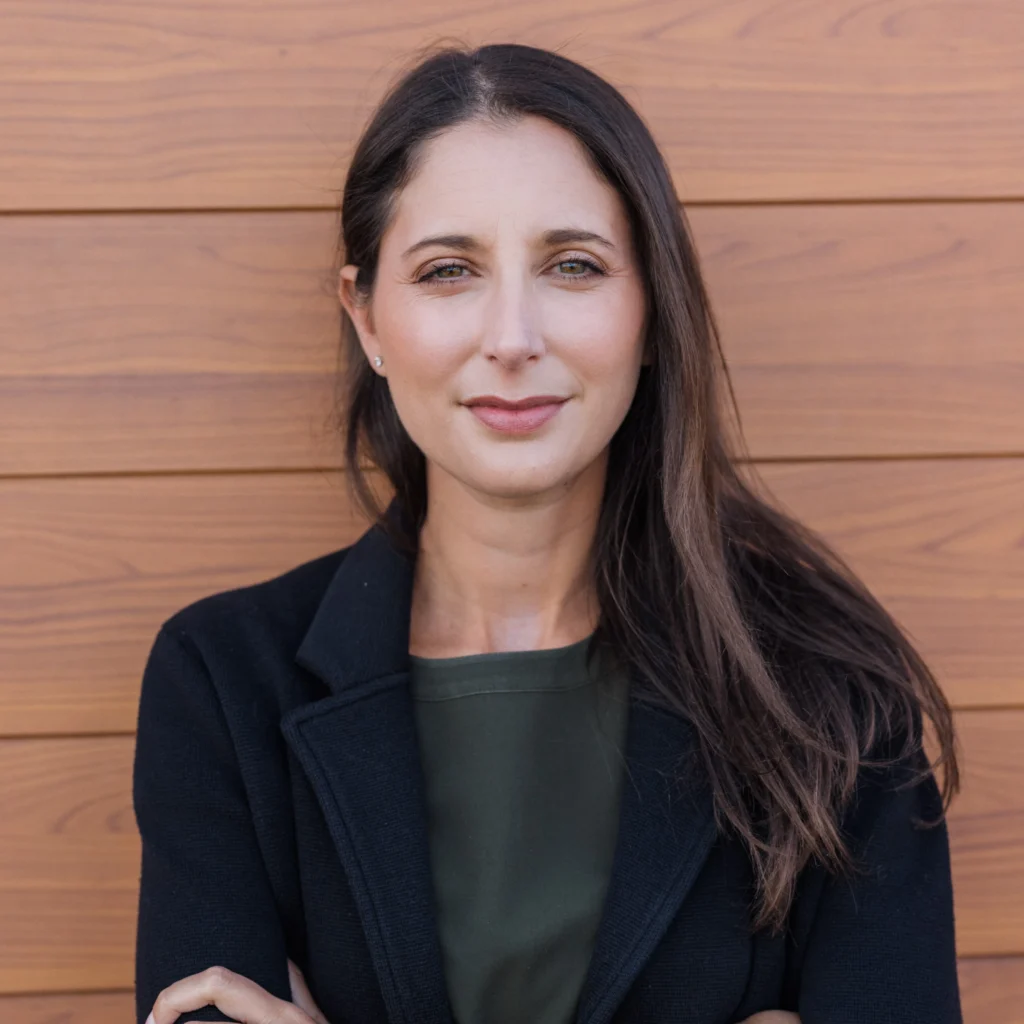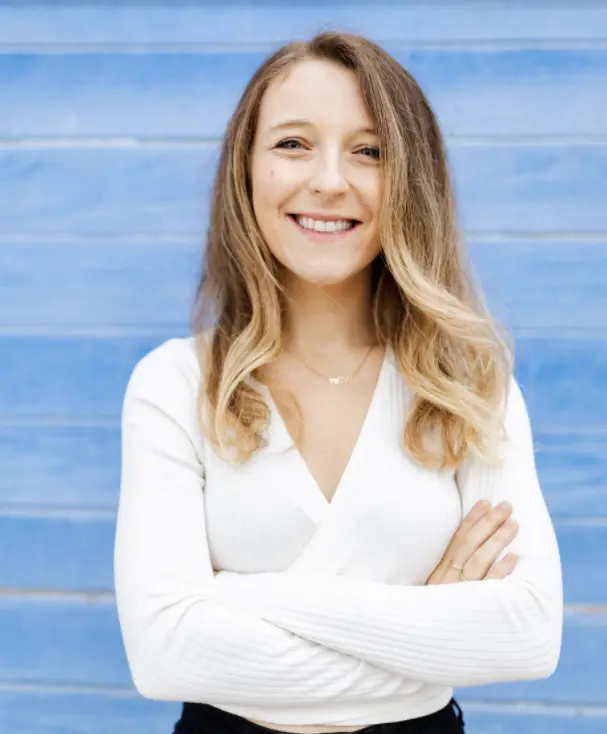
Female execs from Arketa, CorePower Yoga, FitOn and Pvolve share their perspectives on being in a leadership role in fitness and wellness
This article is part of ATN’s DISRUPT 2023 video series, which features key conversations with executives from the most successful brands in fitness and wellness. To watch more videos, click here
When it comes to having females in leadership roles, the fitness industry is, if you’ll pardon the expression, ahead of the curve.
During a panel discussion entitled “Women in Charge: Leading beyond Boundaries in Fitness & Wellness,” part of Athletech News’ DISRUPT 2023 video series, a group of highly successful female fitness executives reflected on their journeys to the top of their field, the circumstances that helped get them there and the advice they would offer women trying to break into their upper ranks of fitness companies.
With a humbleness characteristic of many successful women, Sarah Choi, chief marketing and commercial officer of CorePowerYoga, said she owes much of her achievement to being in the right place at the right time.
“I work at a company where we have an all-female executive team. And in my past, at SoulCycle, our CEO was a female,” Choi said. “So I have been blessed with the opportunity to have a seat at the table from the start.”
Julie Cartwright, president of PVolve, also feels fortunate to run a company led by women and, acknowledged that fitness is ahead of many other industries.
“I started my career in the late 90s. I was surrounded by really strong women executives and creators, and I guess I just thought I belonged in the room,” Cartwright said.

Rachel Lea Fishman, CEO and co-founder of Arketa, said her upbringing played a huge role in preparing her for success.
“I am lucky to have been raised by amazing parents who always told me, as the ‘squish’ girl in the middle of my two brothers, that I can do anything,” Fishman shared.
Being treated equally growing up, Fishman said she never felt any less capable than males.
Styles of Leadership
Do women have approaches to leadership that differ from those of their male counterparts? Words like compassion, authenticity and confidence came up frequently, as did the advantage of belonging to the demographic that was a key growth target for most fitness brands.
Choi says that for CorePower Yoga, the ability to join forces with other women and share the love of the company’s offering and its people is particularly critical.
”It’s been an incredible journey, just being able to be collaborative, and really show compassion. Our CEO leads from a place of love,” she said. “Our mission is to power love from the inside out. So as a result, the culture that we have built to date really invites all women to the table, and it’s a real blessing to be in environments around female leaders.”

For Pvolve’s Cartwright, keeping it real has been key.
“I have confidence to say what I’m thinking because I know the product and I’ve got an opinion that I’m not afraid to share,” she said. “If you’ve ever heard my team talk, I’m maybe a little too emotional at times, but I just try to show up authentically for them and hope that I’m showcasing exactly what I’m expecting from them too, and that is that we just show up as ourselves and not try to be anything else.”
Lindsay Cook, CEO and co-founder of FitOn, started her career as the only female in the room at Microsoft, and then moved to Fitbit where she was one of the only female execs. She decided to use her seat at the table to convince those companies that she had insight into the demographic group she belonged to, and feels that was a huge advantage.
In Cook’s experience, most women possess a combination of humility and confidence that makes them eager to learn.
“They’re willing to admit what they know and don’t know,” she said. “I love that superpower that a lot of women have, being authentic to ourselves and being willing to ask for help where it’s needed.”

Search for Mentors
Most of the women in the panel claimed to have more than one mentor, which moderator Rebecca Garity Pinto called “having your own board of directors.”
FitOn’s Cook advises people to “build yourself a sea of mentors. I went to a conference yesterday and built two new mentors that will be with me along the way.”
Cook feels that the more mentors you can obtain, the more information and advice you can collect, and the bigger the benefit.
Arketa’s Fishman finds support in a smaller pool.
“For me, that’s going to be my co-founder, the people that have invested in Arketa, and my friend that I grew up with, who mentored me in a very different way beyond education and just gives me a hug because she has no idea what a tech company does,” Fishman said. “And those are also some of the most beautiful mentors.”

Positive Momentum
Cartwright remarked on the changes the industry has undergone in the past few decades.
“I’ve seen an advancement in the sophistication and personalization of the fitness industry,” she noted. “We’re seeing a consumer shift. The choice of what they do for fitness is something that they’re extremely proud of, part of their holistic self. They want to share what they do, the results that they get, and even what they wear, with their communities.”
CorePower Yoga’s Choi says the industry has shifted focus from physical to mental wellness, particularly after witnessing the pandemic’s impact on teens and college students.
“Well-being is not just about the physical state of strength and of looking good, but it’s also the mindfulness aspect,” Choi said. “I felt a lot of it while I was at SoulCycle but I think it’s been magnified over the last year. And I think it’s really helped CorePower Yoga lean into our value proposition of strengthening both the body and the mind.”
The gender diversity trend shows signs of continuing. FitOn’s Cook sees more women taking over leadership in the big fitness tech and gym companies.
“Although the leadership teams at some of the largest and oldest institutions in health and fitness are still predominantly male, I’m starting to see more CEOs at the major gym partners and tech companies being women now and I think the more that we encourage that, the more we’re going to meet the needs of our highly female customer base,” she said.
For CorePower Yoga, where 80% of the students and 90% of the employees are women, the diversity effort is in the other direction.
“We just launched CorePower Strength X, and we really want to attract more men, so that we can have a little bit more of a balance,” Choi said. “We’re making sure that we’re not biasing towards one versus the other but also as we think about the growth of our business and the growth of yoga, how do we make this more appealing to men? Because we know men need it maybe even more than we do.”
